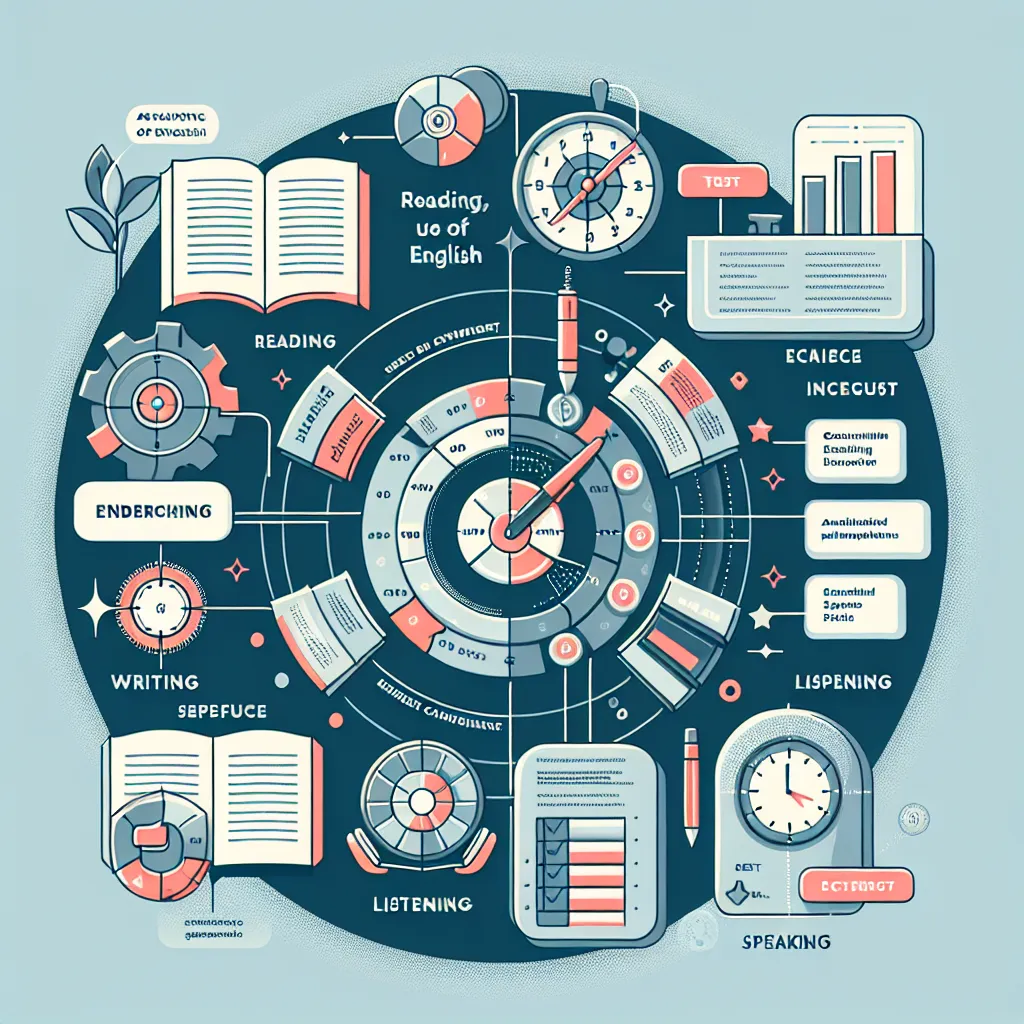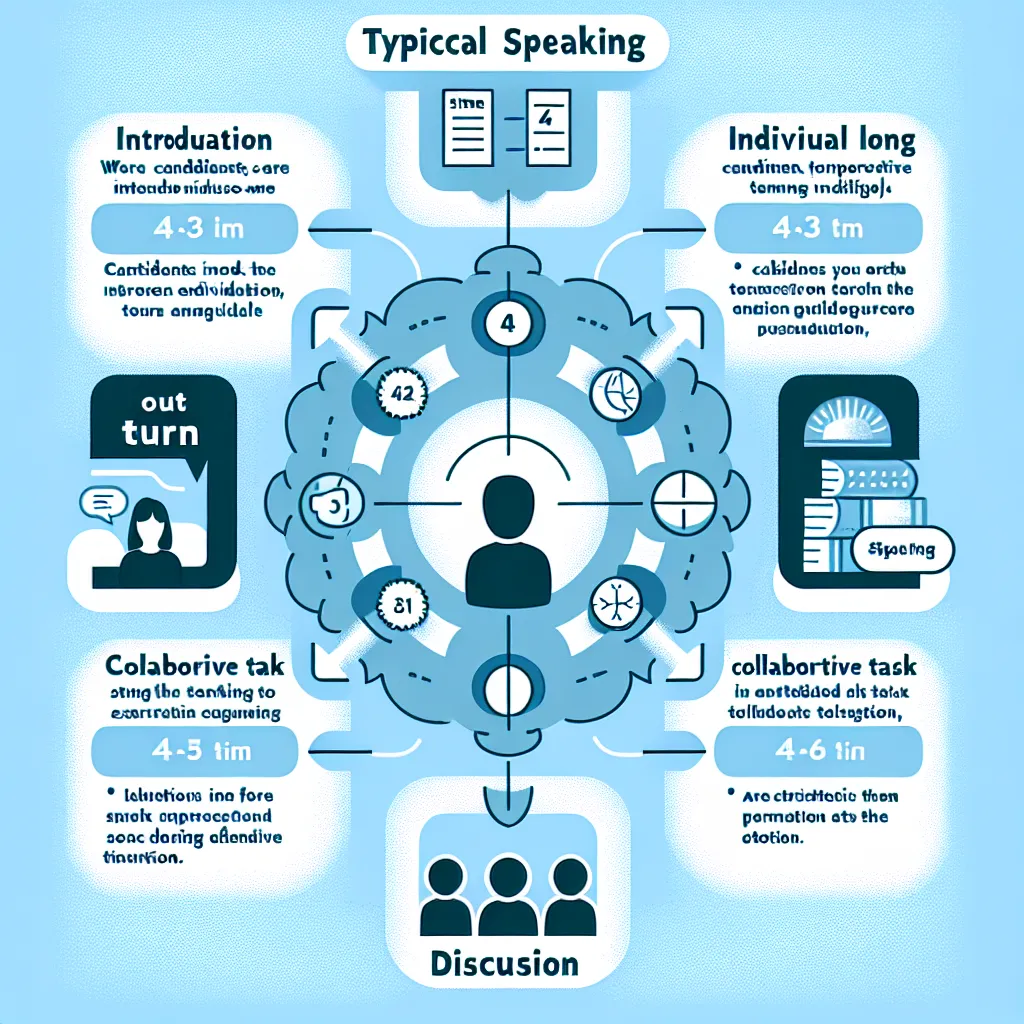Writing proficiently in English is a crucial skill for success in Cambridge exams. However, many test-takers struggle with common grammar mistakes that can significantly impact their scores. In this comprehensive guide, we’ll explore effective strategies to help you avoid these pitfalls and improve your writing performance in Cambridge exams.
Understanding the Importance of Grammar in Cambridge Writing
Grammar plays a vital role in Cambridge writing tasks, as it directly affects your ability to communicate clearly and effectively. Examiners assess your grammatical range and accuracy, which contributes significantly to your overall score. By mastering common grammar rules and avoiding typical mistakes, you can enhance your writing quality and increase your chances of achieving a higher band score.
 Cambridge Writing Exam
Cambridge Writing Exam
Common Grammar Mistakes to Watch Out For
1. Subject-Verb Agreement
One of the most frequent errors in Cambridge writing is incorrect subject-verb agreement. This occurs when the subject and verb in a sentence don’t match in terms of singularity or plurality.
Incorrect: The group of students are studying for their exam.
Correct: The group of students is studying for their exam.
To avoid this mistake, always identify the main subject of your sentence and ensure the verb agrees with it in number.
2. Tense Consistency
Maintaining consistent tenses throughout your writing is crucial for clarity and coherence. Switching tenses unnecessarily can confuse the reader and impact your score.
Incorrect: Yesterday, I went to the store and buy some groceries.
Correct: Yesterday, I went to the store and bought some groceries.
Pay attention to the context of your writing and use appropriate tenses consistently.
3. Misuse of Articles
English articles (a, an, the) often pose challenges for non-native speakers. Using them incorrectly can affect the meaning of your sentences.
Incorrect: I saw elephant at zoo yesterday.
Correct: I saw an elephant at the zoo yesterday.
Learn the rules for using articles and practice applying them in various contexts.
4. Preposition Errors
Choosing the right preposition can be tricky, as their usage often doesn’t follow logical patterns.
Incorrect: I’m interested to learn more about Cambridge exams.
Correct: I’m interested in learning more about Cambridge exams.
Familiarize yourself with common preposition collocations and practice using them correctly.
5. Run-on Sentences and Comma Splices
These errors occur when two independent clauses are incorrectly joined without proper punctuation or conjunctions.
Incorrect: I love studying English, it’s my favorite subject.
Correct: I love studying English; it’s my favorite subject.
OR: I love studying English, and it’s my favorite subject.
Learn to recognize independent clauses and use appropriate punctuation or conjunctions to connect them.
Strategies for Improving Grammar in Cambridge Writing
1. Regular Practice and Self-Assessment
Consistent practice is key to improving your grammar skills. Write regularly and critically analyze your work to identify areas for improvement.
2. Use Grammar Checkers Wisely
While grammar checkers can be helpful, don’t rely on them entirely. Use them as a supplementary tool to catch obvious errors, but always review and understand the suggestions they provide.
3. Read Extensively in English
Reading widely exposes you to correct grammar usage in various contexts. Pay attention to sentence structures, tenses, and word choices in well-written texts.
 English Reading Materials
English Reading Materials
4. Learn from Your Mistakes
Keep a log of the grammar mistakes you commonly make and actively work on correcting them. Review this log regularly to reinforce your learning.
5. Study Grammar Rules and Exceptions
Dedicate time to studying grammar rules and their exceptions. Understanding the underlying principles will help you apply them correctly in your writing.
6. Seek Feedback from Native Speakers or Tutors
Getting feedback from native English speakers or qualified tutors can provide valuable insights into your grammar usage and areas for improvement.
Advanced Tips for Mastering Grammar in Cambridge Writing
1. Focus on Sentence Variety
Incorporate a mix of simple, compound, and complex sentences in your writing. This demonstrates grammatical range and enhances the overall quality of your composition.
2. Pay Attention to Verb Forms
Master the various verb forms, including infinitives, gerunds, and participles. Using these correctly can significantly improve your writing sophistication.
3. Use Connectors and Transitional Phrases
Employ a variety of connectors and transitional phrases to improve the flow and coherence of your writing. This also helps in avoiding run-on sentences and comma splices.
4. Practice Identifying and Correcting Errors
Regularly complete error correction exercises to sharpen your grammar skills. This will help you spot and fix mistakes more quickly in your own writing.
5. Time Management in Exams
During the exam, allocate time for proofreading your work. Focus on common grammar issues you know you struggle with.
Conclusion
Improving your grammar for Cambridge writing tasks requires dedication, practice, and a systematic approach. By focusing on common mistakes, implementing effective strategies, and continuously refining your skills, you can significantly enhance your writing performance. Remember, mastering grammar is not just about avoiding errors; it’s about using language effectively to communicate your ideas clearly and persuasively. Keep practicing, stay motivated, and watch your Cambridge writing scores improve over time.
[internal_links]
- Top 10 Grammar Resources for Cambridge Exam Preparation
- How to Improve Your Vocabulary for Cambridge Writing Tasks
- Time Management Tips for Cambridge Writing Exams
- Common Collocations to Boost Your Cambridge Writing Score
[/internal_links]




